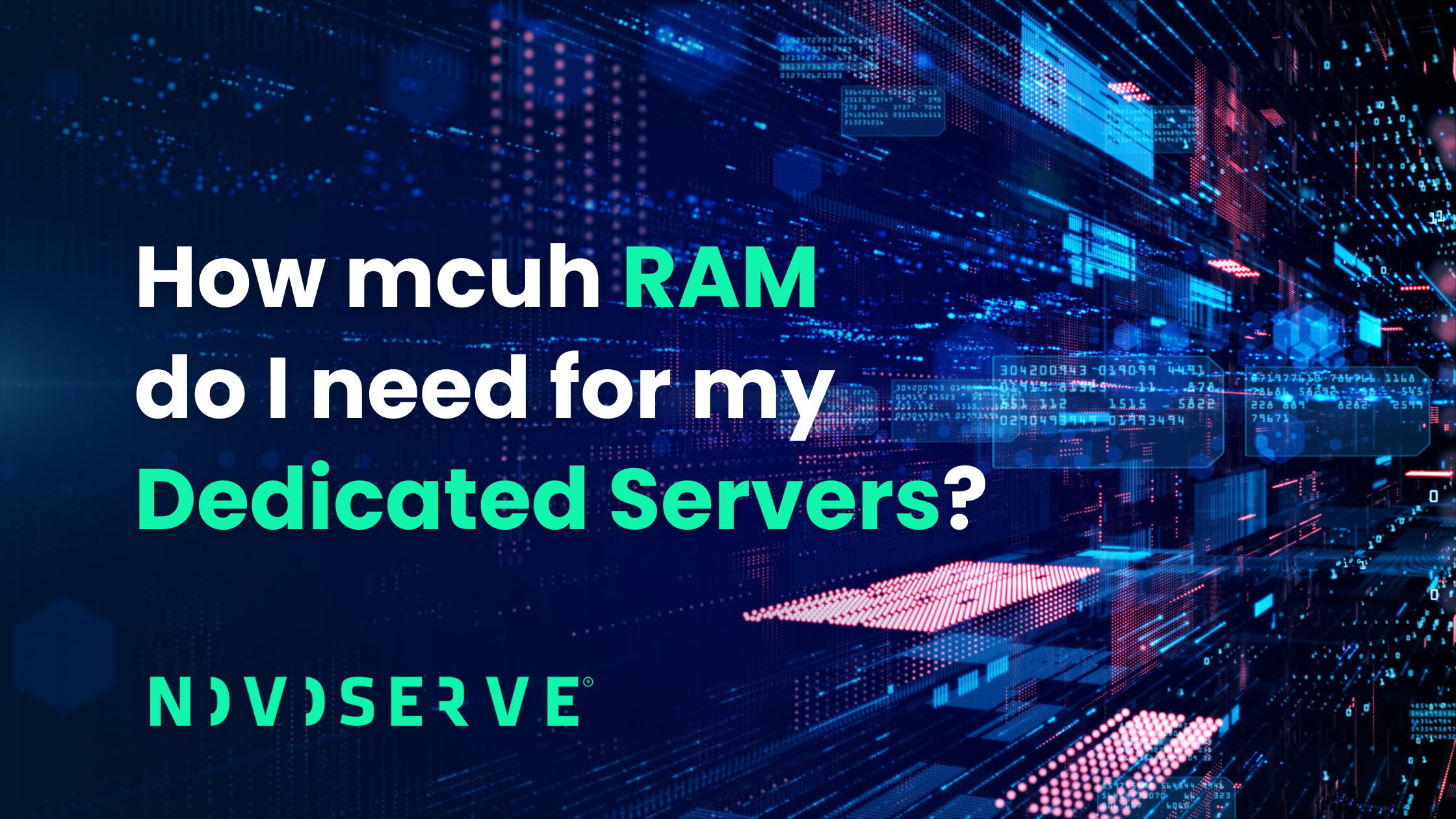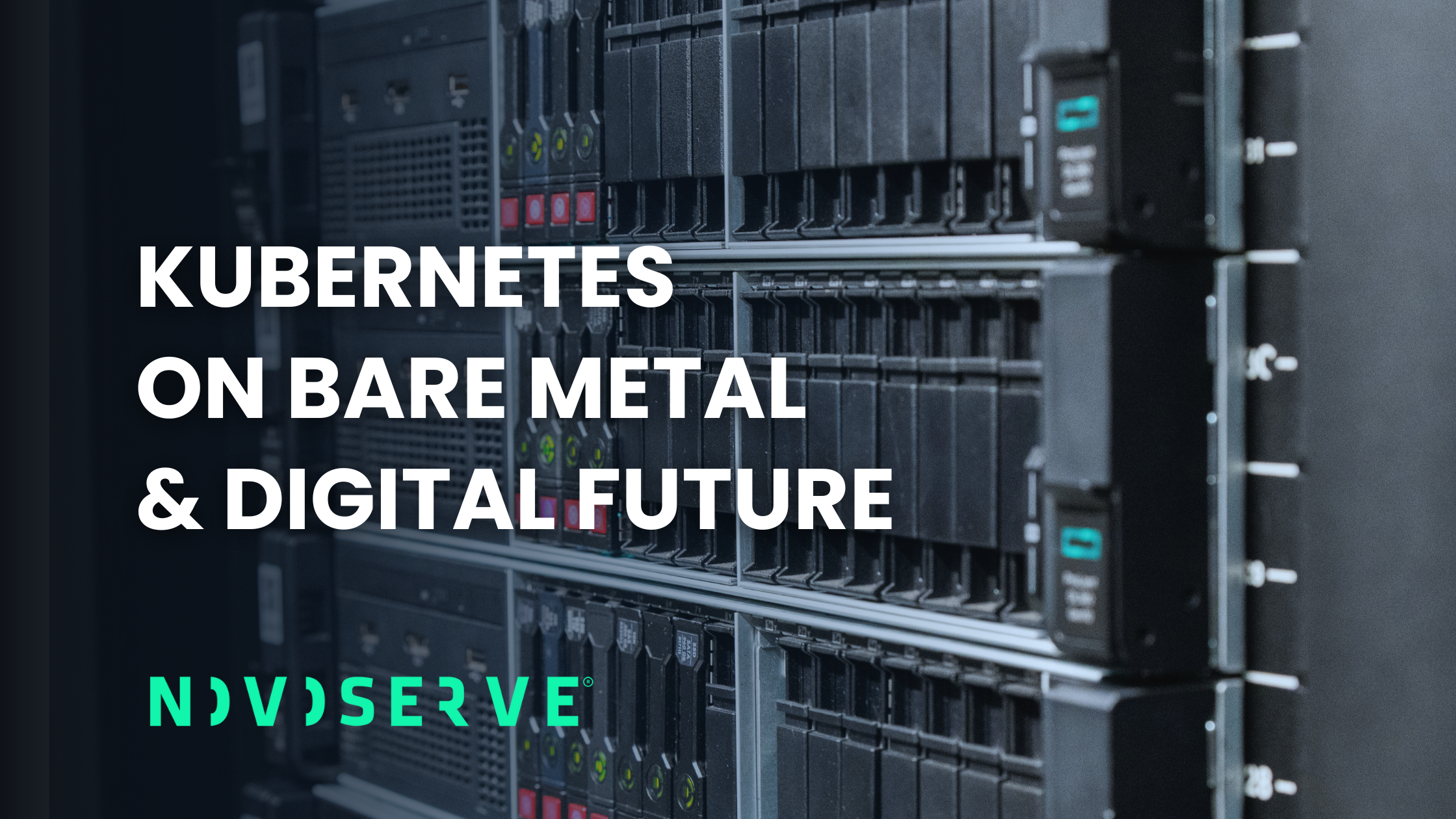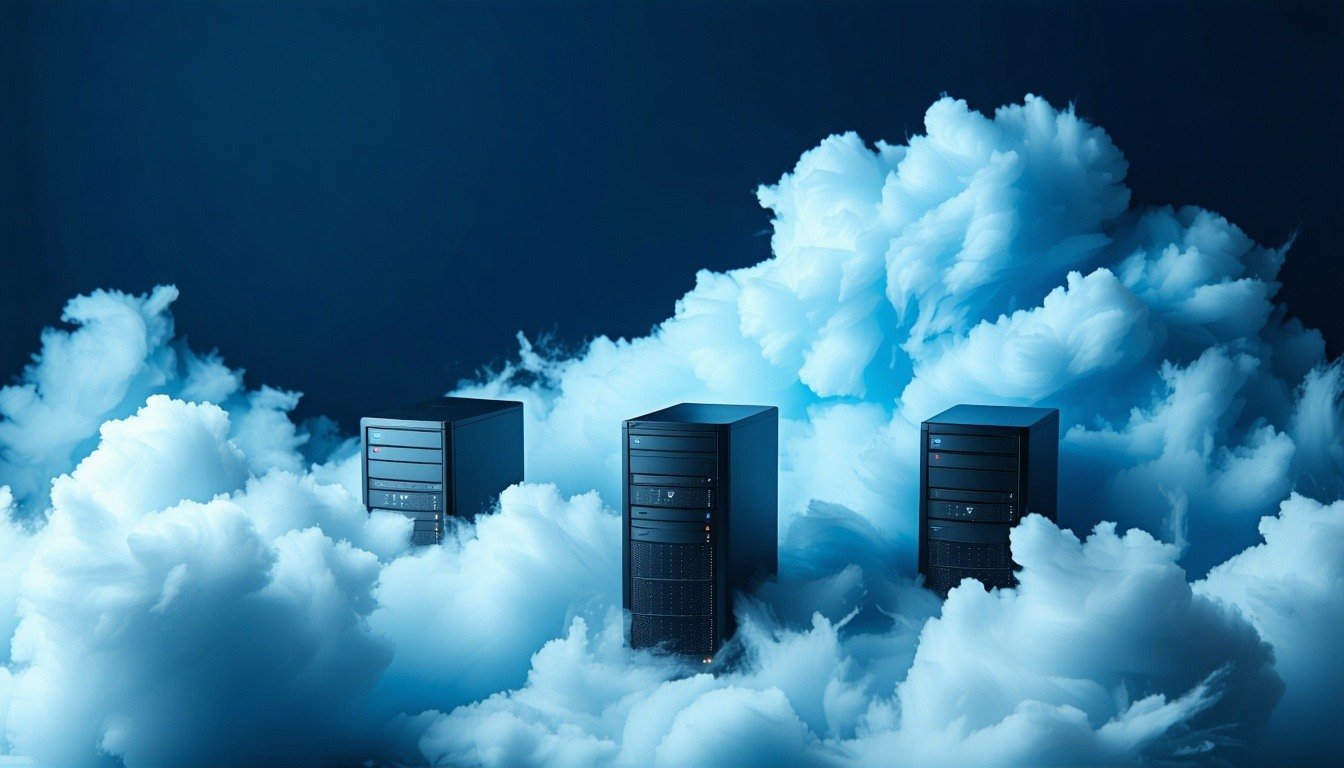Whether you're hosting a high-traffic website, running complex applications, or managing a gaming or streaming server, understanding your RAM requirements ensures optimal operation. This comprehensive guide delves into various use cases, providing insights to help you decide whether you need a high RAM dedicated server or not.
What is RAM (Random Access Memory)?
RAM (Random Access Memory) is the short-term memory of your dedicated server. It temporarily stores data that the CPU accesses quickly, facilitating efficient processing of tasks. Insufficient RAM can lead to slow performance, increased latency, and potential downtime.
General RAM Requirements
Web Hosting
- Small Websites (Low Traffic): 8–16 GB RAM
- Medium Websites (Moderate Traffic): 16–32 GB RAM
- Large Websites (High Traffic, Multiple Sites): 32–64 GB+ RAM
Web hosting demands vary based on traffic, content complexity, and the number of hosted sites. Dynamic content and high traffic increase RAM needs.
E-commerce Platforms
- Small Stores: 16–32 GB RAM
- Medium Stores: 32–64 GB RAM
- Large Stores: 64 GB+ RAM
E-commerce sites, especially those using platforms like Magento or WooCommerce, are database-intensive and benefit from additional RAM to handle transactions, caching, and traffic spikes efficiently.
Gaming Servers
- Basic Setup: 16 GB RAM
- Moderate Mods/Plugins: 32 GB RAM
- Heavily Modded Servers: 64 GB+ RAM
Game servers require substantial RAM, especially when running mods or supporting numerous players. For instance, a heavily modded Minecraft server benefits from starting with at least 64 GB RAM to ensure smooth gameplay.
Streaming Services
- Standard Streaming: 32 GB RAM
- High-Definition/Multiple Streams: 64 GB+ RAM
Streaming services, particularly those offering high-definition content or multiple concurrent streams, necessitate higher RAM to handle data processing and delivery efficiently.
VPN and Proxy Servers
- Basic VPN Services: 1–2 GB RAM
- High-Traffic VPN/Proxy Services: 4–8 GB RAM
VPN and proxy servers are generally lightweight but require adequate RAM to manage encryption and multiple connections effectively.
Virtualization and Cloud Hosting
- Light Workloads (1–2 VMs): 32 GB RAM
- Medium Workloads (4–10 VMs): 64 GB RAM
- Heavy Workloads (Multiple Containers, AI, Enterprise-Level VMs): 128 GB+ RAM
Hosting multiple VMs or cloud services demands significant RAM to ensure each VM operates smoothly without resource contention.
Database Hosting
- Small Databases: 16 GB RAM
- Medium Databases: 32 GB RAM
- Large Databases: 64 GB+ RAM
Database servers thrive on RAM to store indexes and reduce disk I/O. High-read/write applications like logging and analytics require more RAM.
AI, Machine Learning, and Big Data
- Small Models and Basic AI Tasks: 32 GB RAM
- Medium Workloads: 64 GB RAM
- Enterprise/Large-Scale AI Processing: 128 GB+ RAM
AI workloads often require a balance of CPU, RAM, and GPU resources. If your workload is primarily AI-related, it’s probably time to upgrade to GPU server hosting.
Factors Influencing RAM Requirements
Operating System Overhead
The server's operating system (OS) consumes a portion of RAM to function efficiently. Modern, feature-rich operating systems, such as Windows Server or various Linux distributions, often demand more RAM to operate at peak efficiency. For instance, practical deployments ofWindows Server 2019 often require 8GB or more, especially when running additional services. Linux distributions like Ubuntu Server or CentOS may have lower base requirements but still need adequate RAM for optimal performance. It's essential to allocate sufficient RAM to the OS to prevent resource contention with applications.
Application Demands
Resource-intensive applications or databases significantly increase RAM needs. For example, hosting a high-traffic e-commerce platform like Magento or running complex databases such as MySQL or PostgreSQL requires ample RAM to handle concurrent connections and data processing. Applications like Apache, Nginx, or Node.js also benefit from additional RAM to manage multiple requests efficiently. Insufficient RAM can lead to slow response times, application crashes, and a poor user experience.
Traffic Volume
Higher user traffic necessitates more RAM to maintain performance. As concurrent users increase, the server must handle more simultaneous processes, sessions, and data caching. For instance, a website experiencing thousands of concurrent users will require significantly more RAM than a site with minimal traffic. Adequate RAM ensures that the server can handle peak loads without degradation in performance.
Future Scalability
Anticipating future growth is vital when determining RAM capacity. As your business expands, so will the demands on your server. Planning for scalability involves choosing a server with sufficient RAM to accommodate increased traffic, additional applications, and data growth. Overprovisioning RAM can be a cost-effective strategy to avoid frequent hardware upgrades and ensure seamless scalability.
NovoServe's Dedicated Server Solutions
At NovoServe, we offer dedicated servers starting with a minimum of 64 GB RAM, ensuring robust performance for various applications. Our servers are designed to meet the diverse needs of businesses, from web hosting and e-commerce to gaming and streaming.
Are you starting a new tech project or plan to upgrade your current dedicated server, then it’s very essential to understand your specific use case and select the right server configuration. Whether you're running a content management system, a high-traffic website, or a resource-intensive application, our team can work with you to identify the optimal RAM capacity to meet your needs.
In addition to decide on the RAM, it’s also important to select the appropriate chassis, CPU, storage, and bandwidth to deliver the best performance and to maintain it even during traffic spikes. Take a look at our detailed guide: How to choose the best dedicated server for your new tech project.
Determining the right amount of RAM for your dedicated server is pivotal for optimal performance and scalability. By evaluating your specific use case and consulting with experts, you can ensure your server meets current demands and is prepared for future growth. NovoServe is here to guide you through this process, offering tailored solutions to meet your unique requirements.






